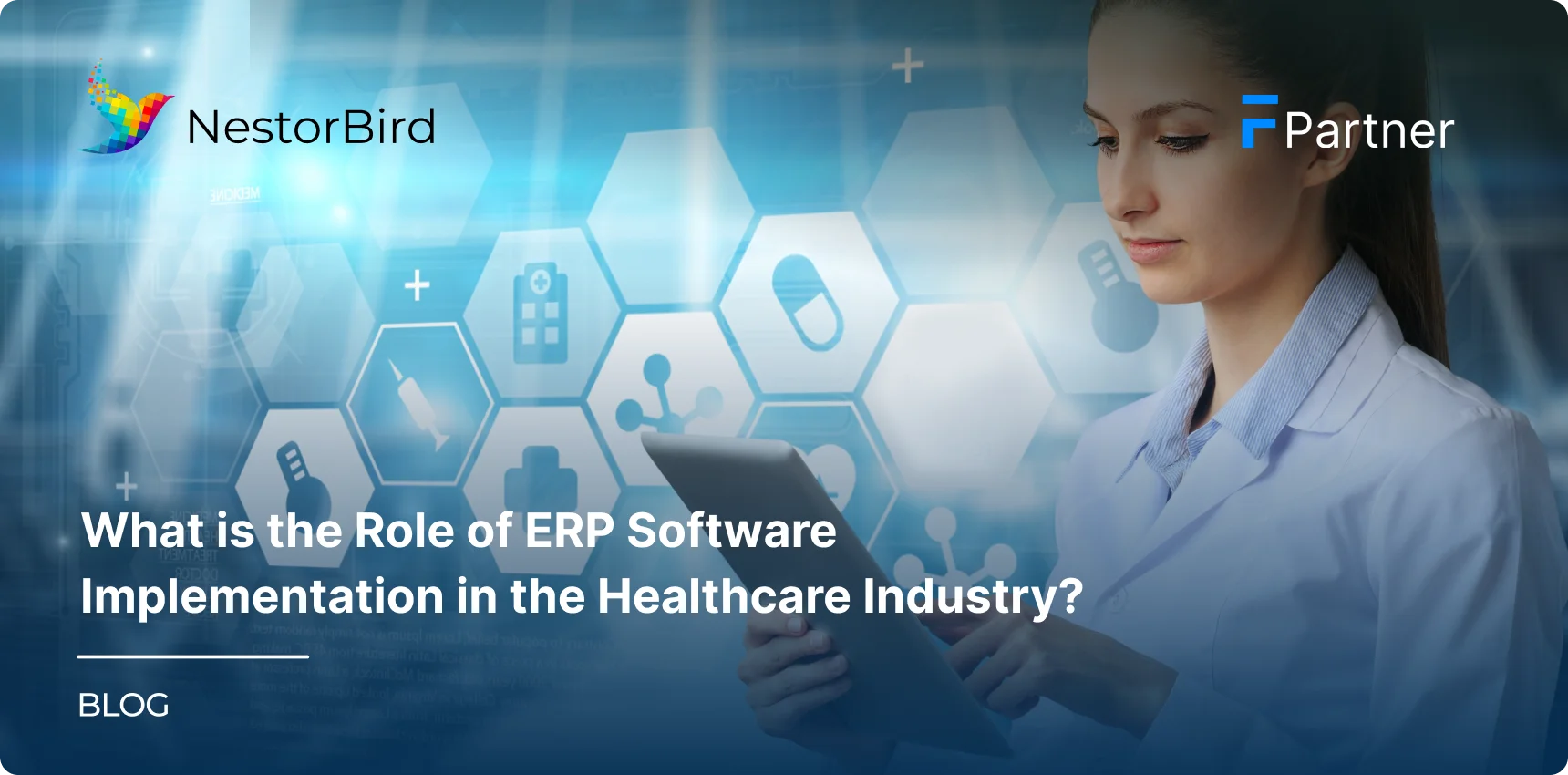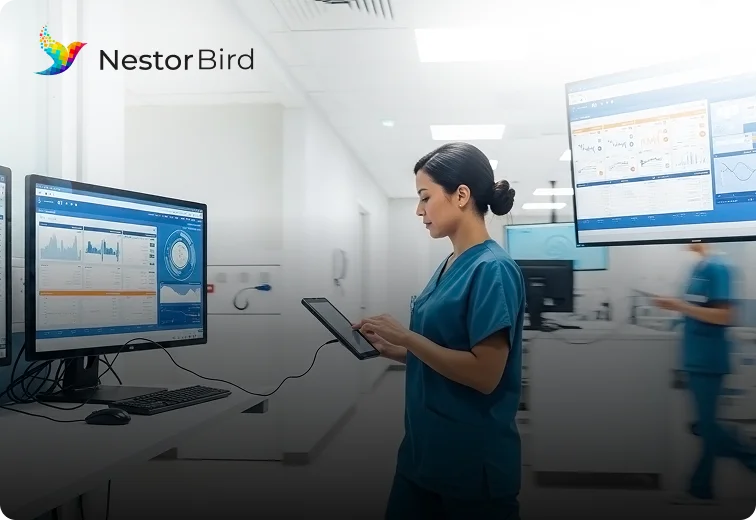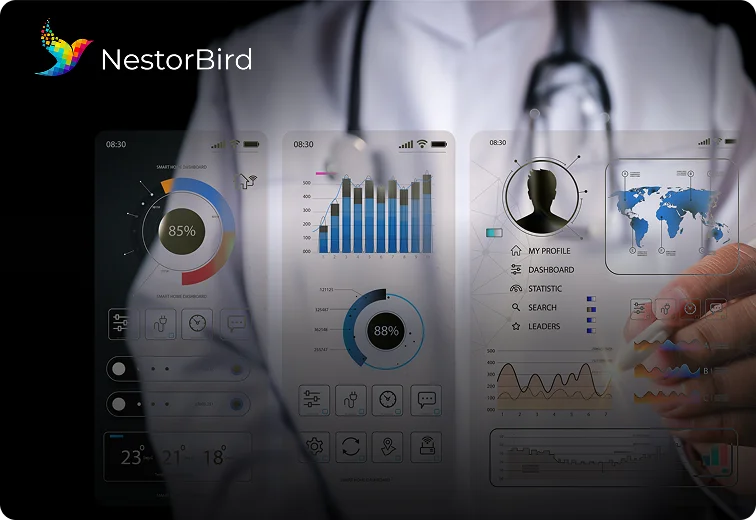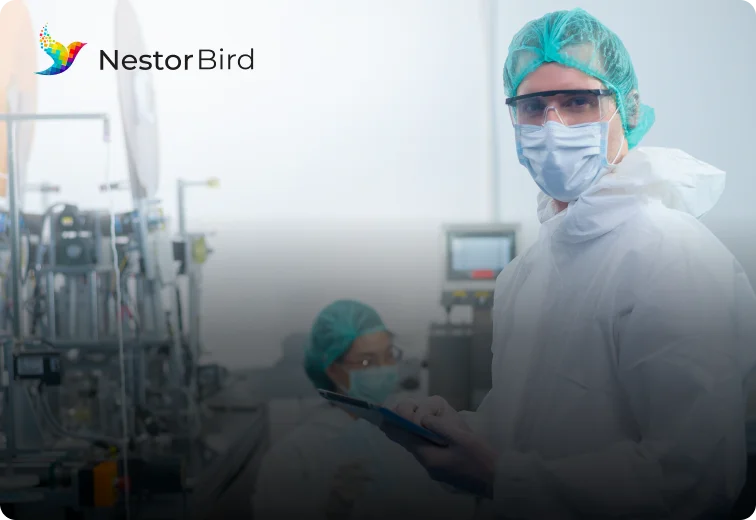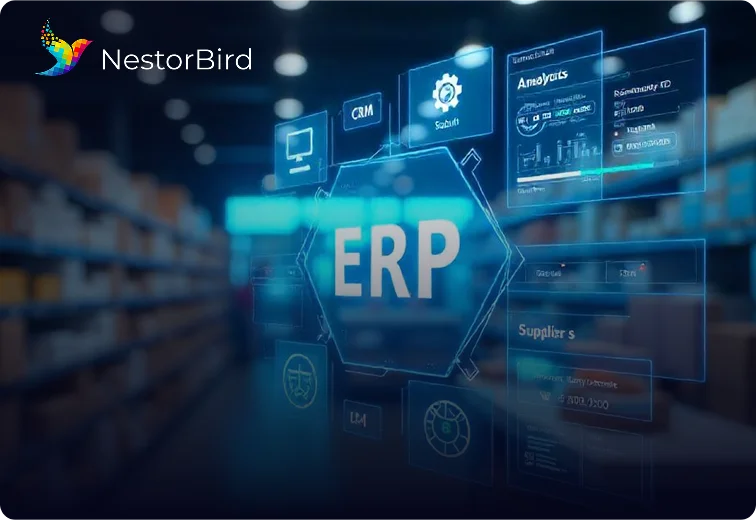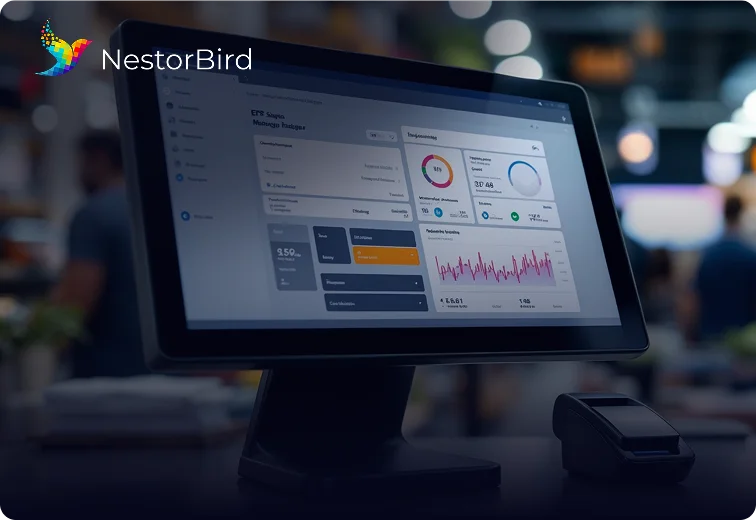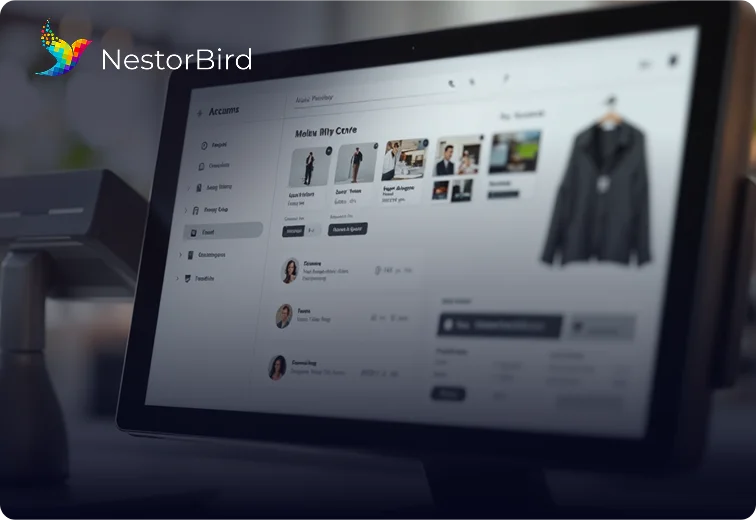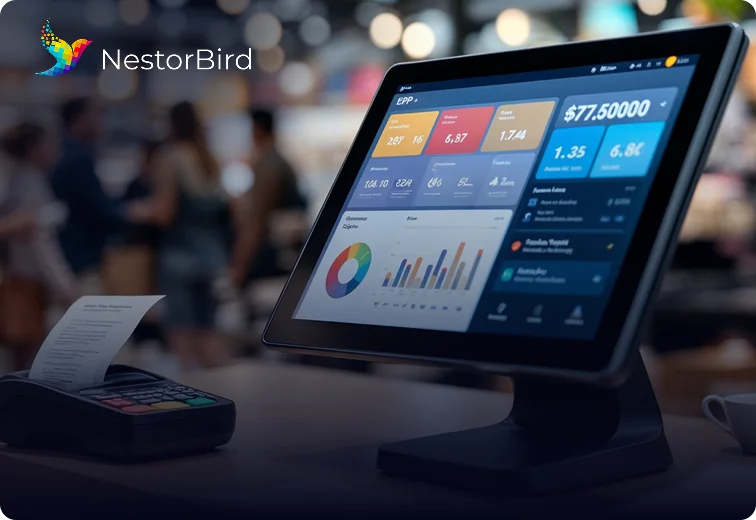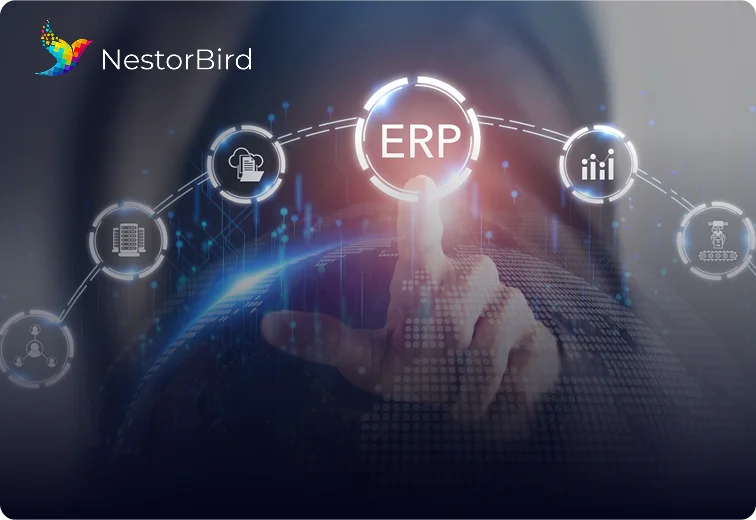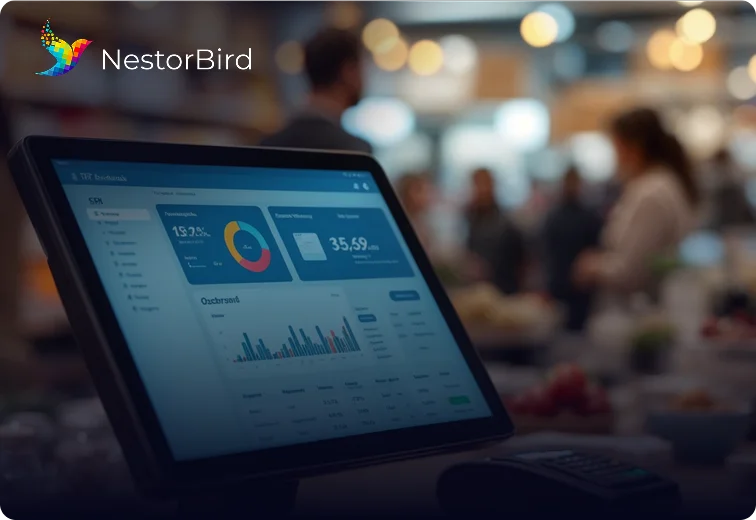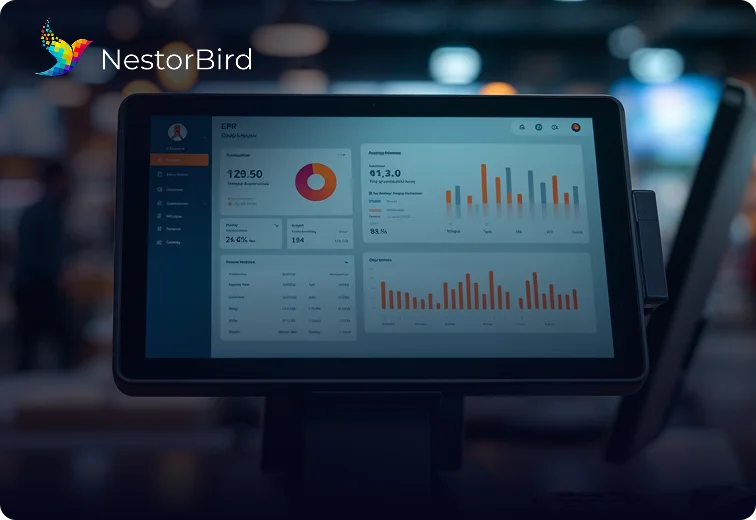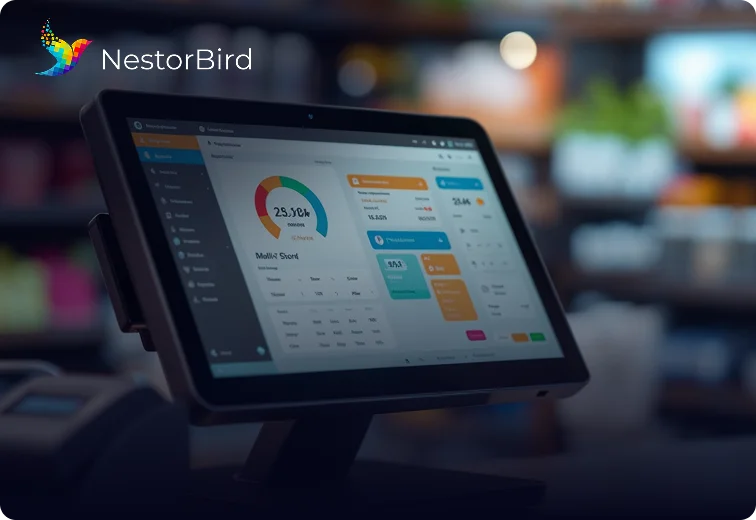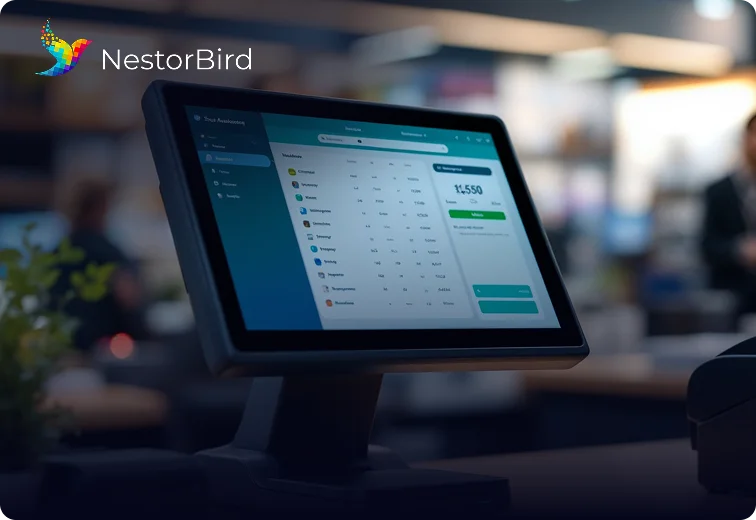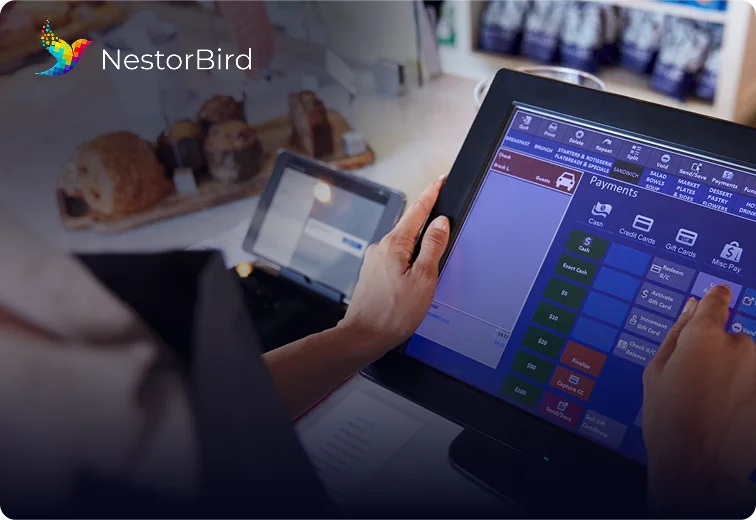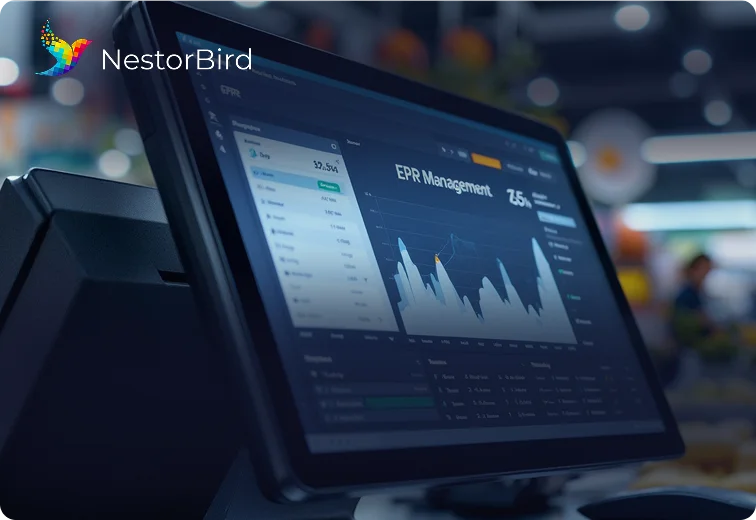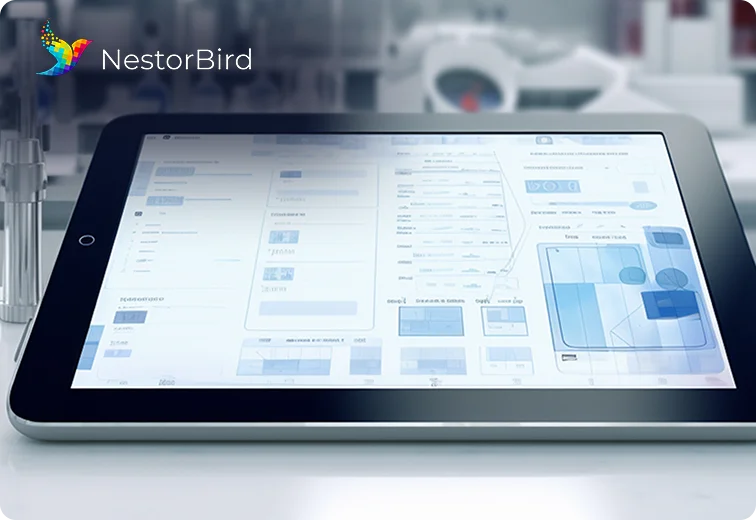Get the best ERP healthcare software solution: ERPNext implementation, and add the power of automation to streamline medical operations, workflows, and processes with its advanced modules and features today!
The global healthcare sphere is rapidly evolving, incorporating advanced medical aids and procedures to provide the best treatment experience to people. Every day, healthcare organizations and their medical experts, like doctors and nurses, deal with many people seeking medical help worldwide. Handling a large group of patients who need the best medical treatment has become an ease with ERP healthcare software implementation.
There is no doubt that the healthcare ERP system has acquired wide acceptance all over the world due to its unique features and modules, which assist the medical units in reducing costs and providing the best treatment at the same time. Centralizing all internal and external healthcare and medical operations, healthcare ERP software is the best multipurpose tool that helps hospitals connect every department in one place.
It is a fact that there is a correlation between positive patient experiences and increased profitability.
The Digital Backbone of the Healthcare Industry: ERP Software
Adding automation and making everything accessible on one platform, right from the bills to medical reports, patient history to treatment details, medical equipment to surgical procedures, doctor appointments to finance management, data security to MR allotment, there is no zone left untouched where ERP medical software is not there to make your healthcare treatment the best experience for the patients.
Why Do Global Healthcare Organizations Need an Integrated ERP Software System?
Healthcare organizations like hospitals, medical centers, physiotherapy centers, pediatrics, dispensaries, clinics, and primary care centers have a sheer volume of patients every day.
Handling all procedures manually not only introduces inefficiencies, errors, and increased operational costs but also leads to delays in treatment, adversely affecting patient care in your healthcare unit. It indirectly translates into monetary losses for the hospital.
In order to overcome all the challenges that hospitals face to make the treatment process the best experience for patients and have more visibility in tracking patients’ treatment, supply chain, resource allocation, data security, and accuracy, there is a need for automated, all-in-one ERP healthcare system implementation that can add ease in overall execution.
Role of ERP Software Implementation in the Healthcare Industry
Like other industries, the healthcare sectors all around the world have to deal with administration operations, support, and core services. The best ERP for healthcare industry can bring automation, saving time and workforce efforts, resulting in improved workflow, increased operational efficiency & productivity, finance management, and real-time data access.
Nowadays, ERP in medical industries integrates customer relationship management, inventory management, financial accounting, human resource management, and other critical modules, streamlining these processes and reducing stress.
ERP software has been playing a pivotal role in the growth of healthcare sectors. ERP healthcare technology allows medical experts and hospital staff to access patient’s medical reports and schedule future tests and treatment procedures in a proper way. With an ERP system for hospital, various medical sectors and healthcare facilities can effectively identify sickness in a steady stream of patients and provide required treatments and therapies.
Read the ERP healthcare software solution case study where Flexitude Physio in Hyderabad, India, successfully turned their manual operations toward automation and streamlined all healthcare and medical operations at one platform, saving operational costs to a great extent.
Key Components of Healthcare ERP Software Solution
The top benefits of ERP healthcare software implementation include: operational efficiency, streamlined workflows, accuracy, medical records management, data security, and financial management. The key components or ERP modules that help the medical industries achieve their goals of providing the best patient care are mentioned below:
Patient Management Module
This ERPNext healthcare module documents and tracks a patient’s healthcare activities, including visits, medical histories, and payments, starting at the initial point of contact. Health professionals can examine and keep this important data in one location. The patient management tool of ERP healthcare software facilitates more accessible communication between doctors and patients by providing a clearer view of each patient’s profile.
Financial Management Module
The financial management medical ERP software module keeps track of the financial ins and outs: bills, expenses, and revenue. With its detailed analytics and medical data insights, ERP healthcare software helps organizations make data-driven financial decisions. By automating billing processes and closely monitoring expenditures, healthcare sectors can effectively ensure financial accuracy and find areas to cut costs.
Supply Chain Management Module
The supply chain module of the healthcare management system software- ERPNext helps handle the logistics of medical supplies and equipment. It ensures your health center always has the necessary inventory and medication without excelling overboard to provide the best patient care to the people. The supply chain management function also helps improve connections with suppliers and procurement processes.
Human Resources Management Module
The human resource management ERP module handles staff-related activities, including employee hiring, onboarding, payroll process, scheduling, performance monitoring, and employee evaluation. It simplifies personnel data administration and helps healthcare organizations assign the right people for the right jobs.
The automated payroll feature of the hospital database management system helps reduce errors and saves time spent on manual processes. With integrated HR procedures, healthcare organizations can align their focus on providing the best patient care.
Electronic Health Records (EHR) Module
The integration of EHR with a healthcare ERP system transforms it into a powerful tool that enhances operational efficiency to a great extent.
Additionally, implementing ERP healthcare software helps the hospital staff store all the information about inpatients and outpatients and simplifies supply management. Due to advanced data analytics and billing in hospital management system solutions, healthcare sectors can now anticipate and meet suppliers, ensuring efficient healthcare operations every day.
Read the ERP healthcare software implementation case study where RYK Hospital in Pakistan improvised its healthcare treatment process through the customized ERPNext solution offered by NestorBird.
ERPNext Healthcare Implementation in RYK Hospital: A Case Study
Clinical Decision Support Systems (CDSS)
In addition to processing patient data and other medical information, the ERP healthcare system’s Clinical Decision Support System (CDSS) module gives healthcare professionals real-time insights and guidance. This cutting-edge hospital ERP software can guide your choices and help you achieve your goals of providing patients with the best medical care and treatment.
An automated ERP system, with a database management system for hospital, allows organizations to achieve increased efficiency, decrease mistake rates, and comply with industry standards and best practices.
Business Intelligence and Analytics
Although every hospital collects a lot of medical data every day, handling this high-value data manually is a mess. The top reasons to implement ERP software for healthcare, include analytics and business intelligence (BI) in the EHR solution.
The Electronic Health Record (EHR) feature assists in turning this medical data into measurable insights from important parameters like financial transactions and medical information. ERP healthcare software’s business intelligence (BI) modules provide medical staff with user-friendly and interactive dashboards and reporting tools that let them monitor performance indicators and healthcare trends and make data-driven patient care and resource management decisions.
Quality Management
A quality healthcare management system is one of the topmost priorities for industries and organizations dealing with medical care and treatment processes and looking for continuous improvement and growth of their business. The quality management module of ERP software for healthcare industry helps track and assess the healthcare operations, locating the workflow inefficiencies simultaneously.
By checking all critical aspects like potential risks, regulatory compliance, and patient satisfaction, the quality management module not only helps bring a great scope of improvement but also leads the organization to achieve up to 100% efficiency and consistency in the system.
What is the ERP Healthcare Software Implementation Cost?
The cost of ERP healthcare software implementation varies from industry to industry. The major factors that are taken into account when deciding the cost of customized healthcare software include the size of the healthcare organization, number of users, chosen modules, integration, training, technical support, and customization requirements.
Exploring a wide range of ERP healthcare software pricing models, you will find out different monthly or yearly subscription charges. However, having an open-source ERP software, you can say goodbye to huge subscription costs.
The long-term benefits of implementing ERP software for healthcare industry are: no-license cost, operational efficiency, improved patient care, and financial management, making it an ideal choice for the growth of medical sectors.
Conclusion
In this ever-changing world of global healthcare, ERP healthcare software has emerged as the transformative solution to achieve the best patient care, keeping operational efficiency and productivity on a regular track. From hospitals to clinics, dispensaries to physiotherapy centers, diagnostic centers to pediatric centers, the seamless integration of ERP software for healthcare industry streamlines various medical operations, ensures great financial sustainability, and enhances patient care.
How Can NestorBird Help You Get the Best ERP for Your Healthcare Business?
NestorBird is the best ERP healthcare software solution provider, offering customized open-source cloud-based ERP implementation for your hospital.
We have certified ERP consultants who can evaluate your requirements and offer the best healthcare ERP solution to automate your manual healthcare operations with the digital power of ERP medical software.
What makes us stand high in the ERP world:
Free ERP Demo
Free ERP Business Consultation
100+ Certified Developers
Frappe and ERP Certified Consultants
24 * 7 Technical Support
Fast ERP Implementation


